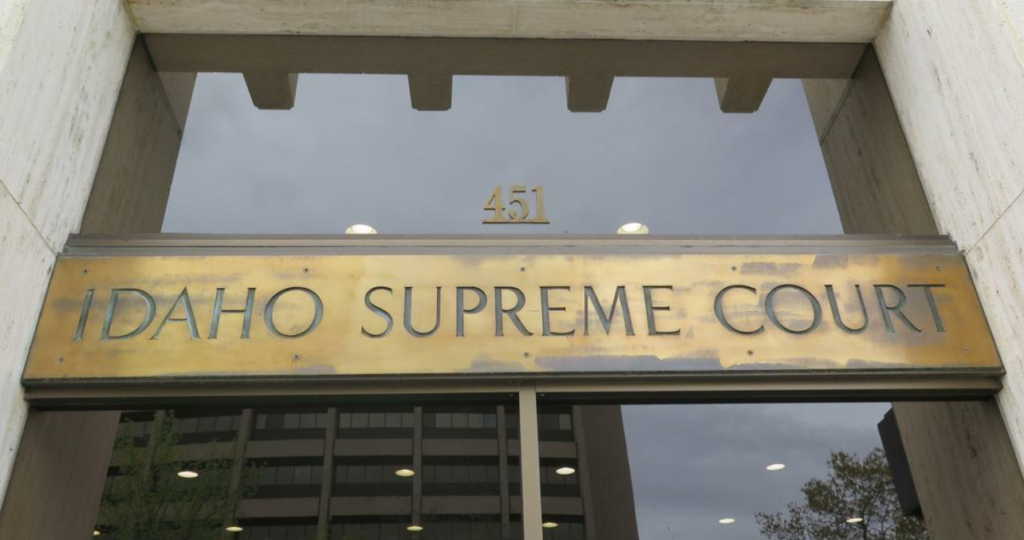[dc]L[/dc]ast Thursday, the Idaho Supreme Court denied a petition to recognize a fundamental right to abortion in the state constitution. Petitioners argued that certain provisions within the Idaho Constitution implicitly enshrine abortion as a right entitled to heightened protection from the legislature’s broad power to regulate conduct.
In a majority opinion, the court emphasized that it is the duty of the judicial branch to sustain the rule of law and not to promote personal policy preferences. The majority wrote that to read a fundamental right to abortion into the text of the Idaho Constitution, it must be determined whether the right is “deeply rooted” in the traditions and history of Idaho at the time of statehood.
The court based its decision on a review of Idaho’s relevant history and traditions at the time of statehood, which showed that abortion was viewed as an immoral act and treated as a crime. Thus, the court concluded that the framers and adopters of the Inalienable Rights Clause did not intend to implicitly protect abortion as a fundamental right.
The court also determined that the Total Abortion Ban, 6-Week Ban, and Civil Liability Law each pass the test for determining the constitutionality of most legislation and are rationally related to the government’s legitimate interest in protecting prenatal fetal life at all stages of development, and in protecting the health and safety of the mother.
The majority noted that the court’s decision does not prevent the voters of Idaho from answering the deeply moral and political question of abortion at the polls. He concluded the opinion by emphasizing that the court’s decision is based only on the constitutionality of the laws in question, not on whether they are wise policies.
CASE
Planned Parenthood Great Northwest, Hawaii, Alaska, Indiana, Kentucky v. State of Idaho, (ID Sup. Ct., Jan. 5, 2023)
